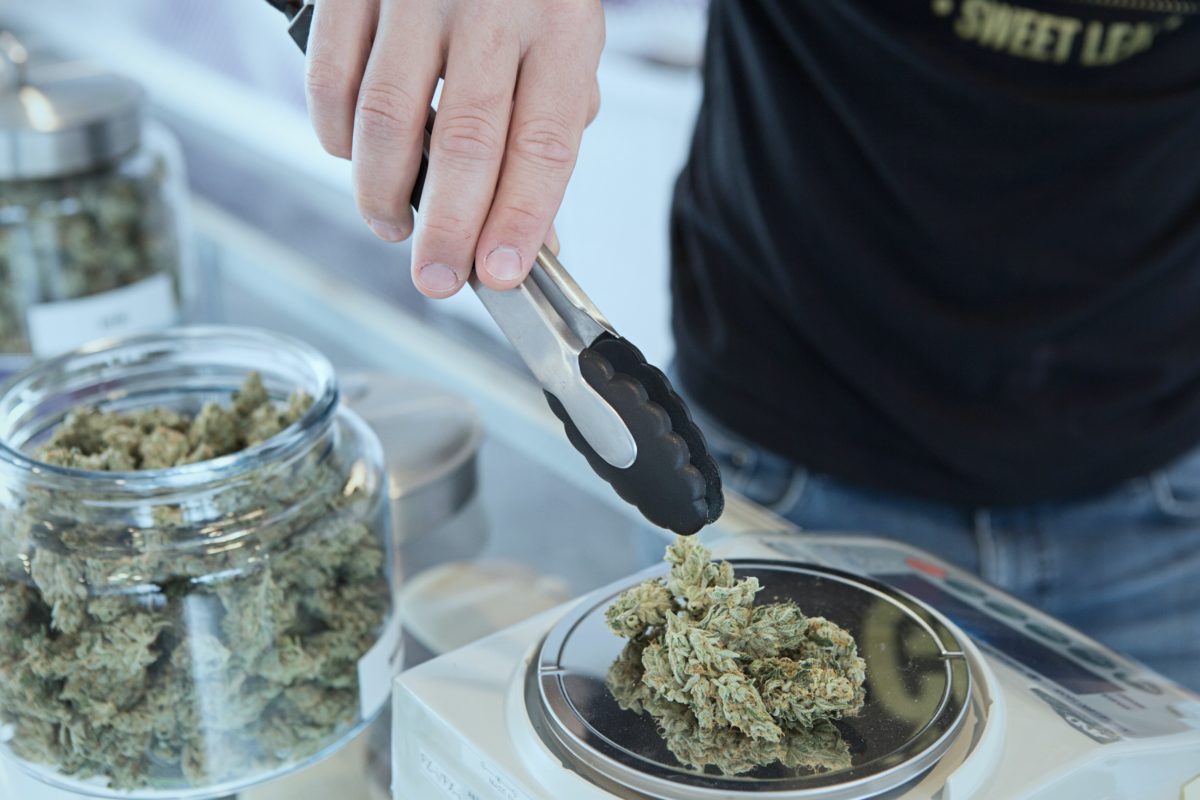Is cannabis the answer to the pandemic financial devastation?

The concept of nationwide legalization of recreational cannabis as a method of economic recovery in a post-pandemic world may sound a bit outlandish, but a strong precedent exists. Nearly 100 years ago, the repeal of Prohibition provided tax revenue and employment generation, which helped lift the United States out of The Great Depression. How cannabis and the pandemic compare to this time may be the financial recovery conversation starter politicians need. Outside of the United States, legalization of cannabis as a way to help the economy is being proposed in Bermuda and Mexico.
Comparing Cannabis and the Pandemic to The Great Depression
The Great Depression began seven years after the 18th Amendment was ratified. Easing the effects of the economic downturn progressed as Prohibition’s repeal in 1933 led to $1.35 billion in alcohol and other excise taxes the next year. That helped pave the way for FDR’s New Deal projects, in turn providing jobs to millions of Americans, as well as greatly expanding national social security programs. This dollar amount was a tremendous boost to the $420 million in income taxes collected by the federal government in 1934. In contrast, the federal government alone forfeited an estimated $11 billion in alcohol-related taxes during prohibition years.
With this example, it is no shock that states have examined cannabis as a way to help their ailing economies. Marijuana as an industry currently sustains nearly 250,000 full-time jobs, even though it remains illegal federally and in 78% of the states. This job number is more than four times the number of U.S. coal industry workers. Although no single action will amend the economic damage incurred by the coronavirus outbreak, legalization of marijuana is a solid choice: per New Frontier Data, this move would create an estimated 1.6 million jobs and bring in tax revenue of $128.8 billion by 2025.
Better Economic Results in Already Legal States
The numbers from states with legal cannabis markets during the pandemic’s resulting health and economic crisis back these claims. Even in this time of financial downturn unprecedented since the Great Depression, cannabis sales remain robust in states where they are legal. For example, Illinois, where marijuana legalization came into effect at the beginning of this year, is proof of this potential tax windfall. The state reported more than $3 million in sales on day one of legal cannabis sales, while $37 million in marijuana was sold in April during lockdown measures.
In Oregon, cannabis consumers bought $89 million in legal cannabis, a 45% increase over the same month in 2019. States across the country have reported similar sales increases. The Oklahoma cannabis excise tax amounted to $30.25 million between January and June 2020 and $5.24 million in July alone. These numbers are the results of a medical-only market.
As states continue to deal with the budget fallout of the current economic crisis, many will undoubtedly look to states that have legalized, along with the resulting boom in cannabis taxes, and consider legalization as an obvious solution to replenish depleted state coffers. The governor of New Mexico lamented her administration’s inability to pass legislation to legalize recreational cannabis before the coronavirus pandemic, as the extra tax income would have surely assisted the state’s economic relief efforts.
Pennsylvania Gov. Tom Wolf also recognizes the recovery potential of cannabis and the pandemic, noting the state could use some of the tax revenue to support small businesses and fund “restorative justice programs that give priority to repairing the harm done to crime victims and communities as a result of marijuana criminalization.” Under Wolf’s plan, 50% of the marijuana sale-funded grants for small businesses would be reserved for historically disadvantaged businesses. He is asking state legislators to legalize recreational marijuana.
New Jersey’s governor has also invoked cannabis legalization as essential to post-pandemic economic recovery and as a platform for racial justice. In the Garden State, black people are arrested for cannabis offenses 3.5 times more often than whites, despite use in both communities being at similar rates. This wide discrepancy is common across the United States.
Looking Forward to Pandemic Recovery
According to a May 2020 Forbes article, learning from our country’s alcohol prohibition legislation and its subsequent repeal as it projected the nation out of the Great Depression is more necessary than ever, noting “if the nation is going to implement a comprehensive strategy to recover from the pandemic induced economic downturn, ending marijuana prohibition should be an important and prominent part of our country’s political agenda.”
Do you agree? Do you trust local and federal government to handle legalization and resulting funds correctly? Discuss and learn via CannaCon, the nation’s leading business-to-business cannabis conference. Be a part of the growing cannabis and CBD industry. CannaCon trade shows are hosted across the country and feature a large exhibition hall with a smorgasbord of exhibitors, as well as seminars delivered by industry experts and fantastic networking opportunities.
